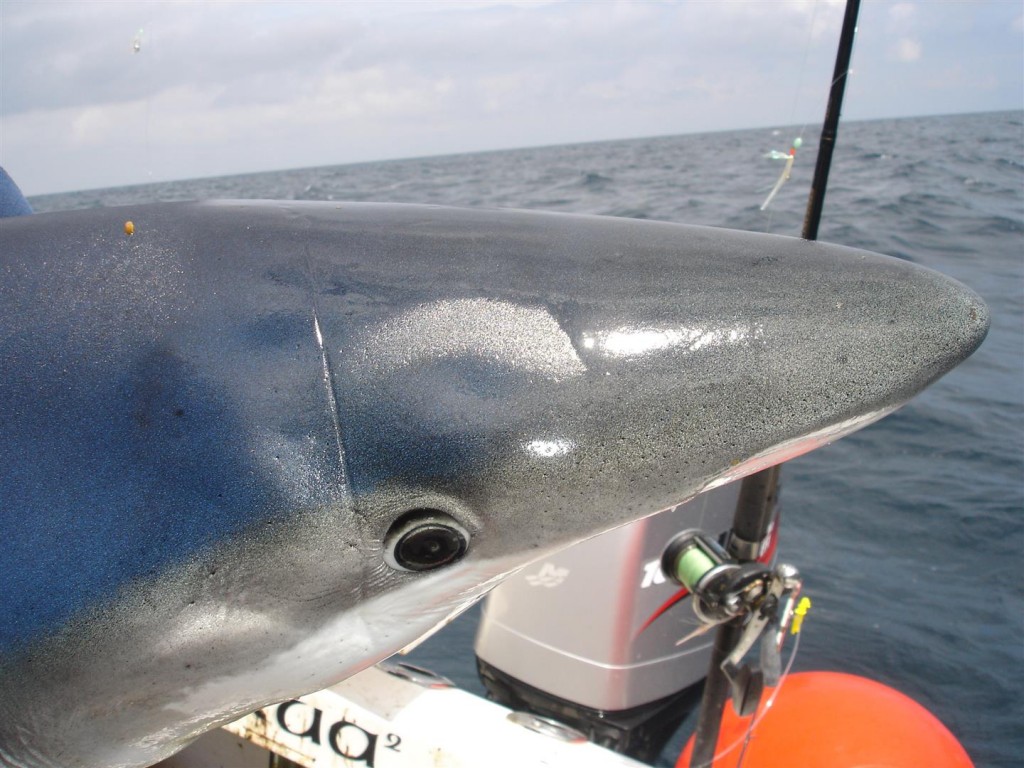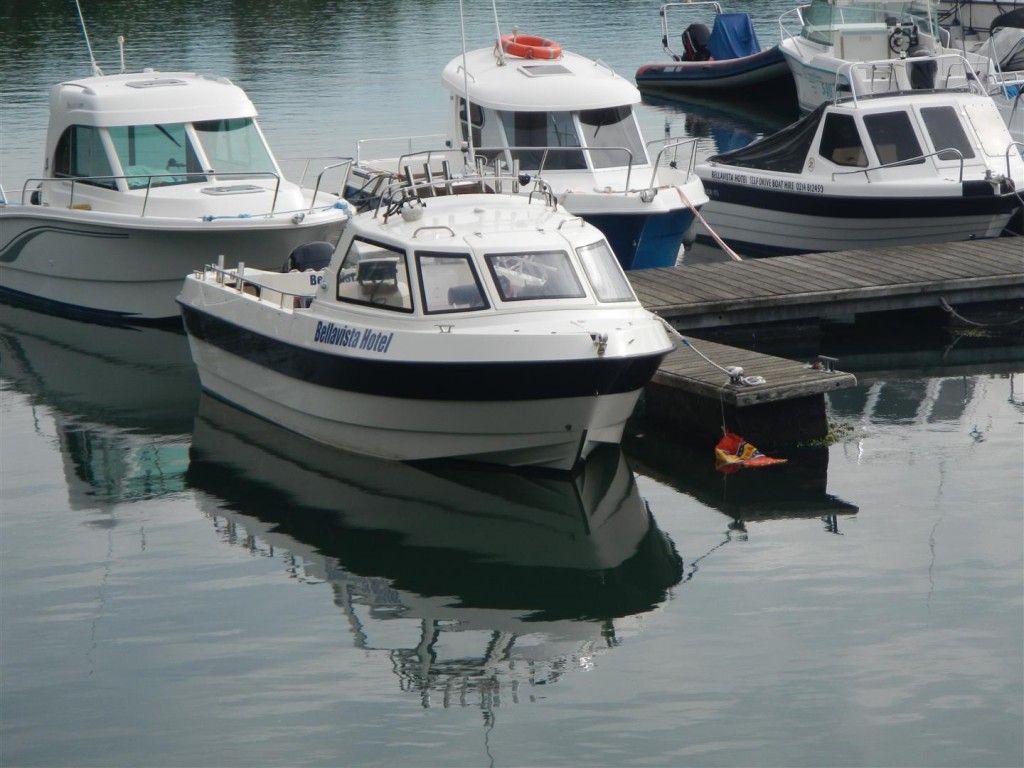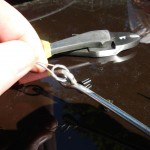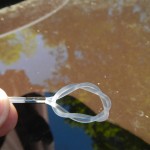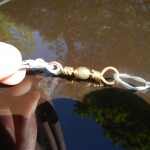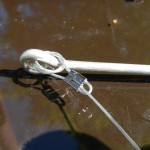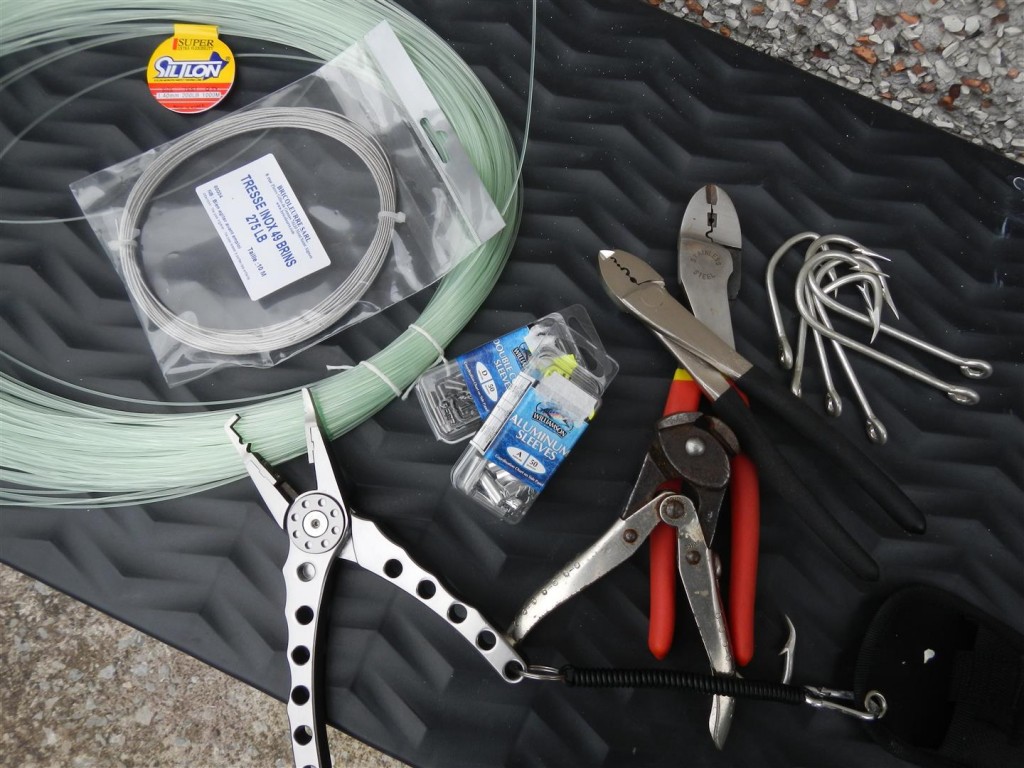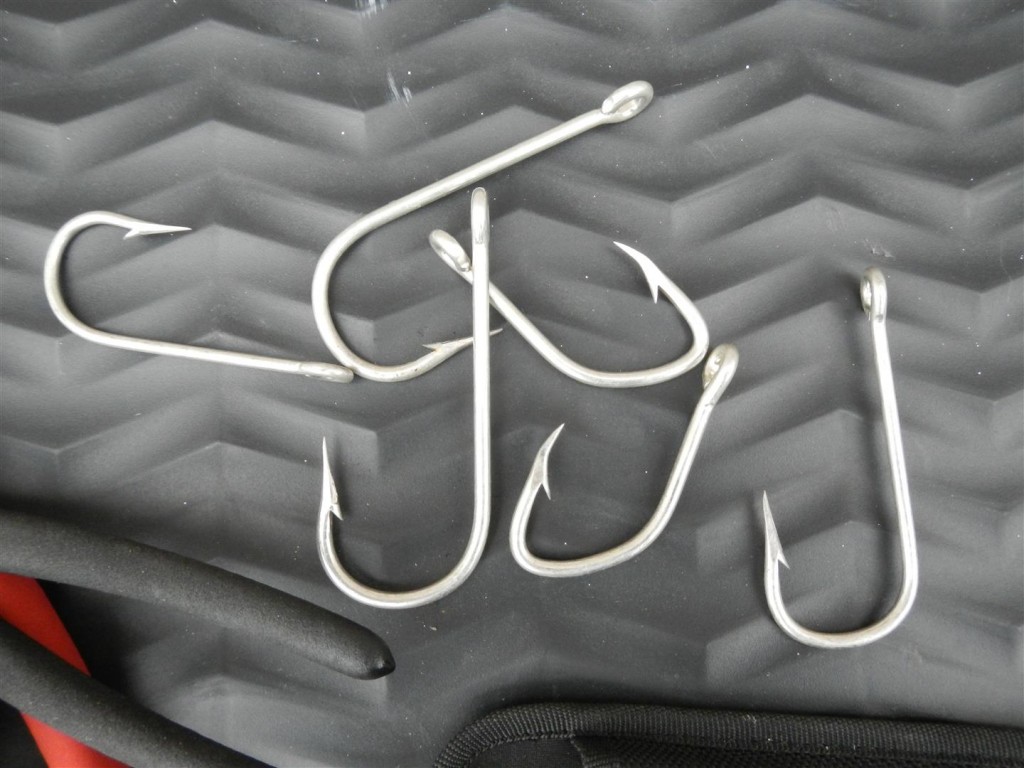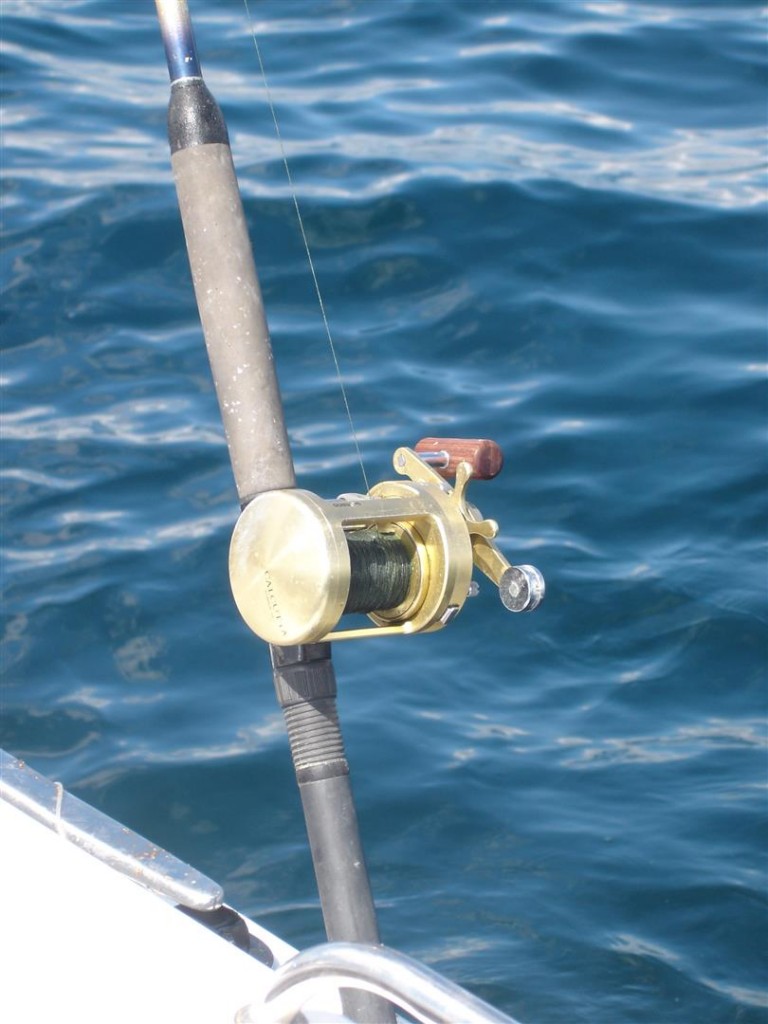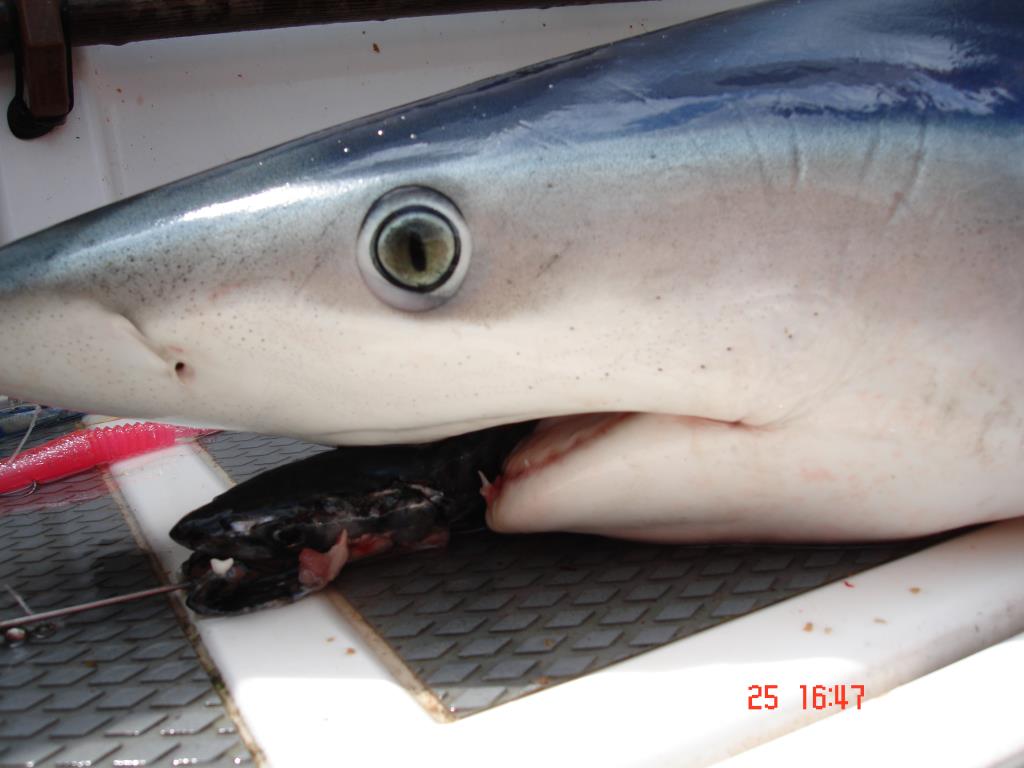* The Blue Bible #1
Blue Shark – Small Boat
A good day of shark fishing is difficult to beat. Shark fishing has it all really. But fishing for shark from a small boat adds an extra dimension to the general sport. The sense of anticipation. The team work involved in the preparation. The mounting tension as the baits hit the water. The heart pounding moment as a reel begins to sing or a balloon begins to move. The panic when you realise you are in control of the rod. The knee trembling awe at the power of the fish at the end of you line. The relief at seeing the majestic brute at the side of the boat. The fear when that fish touches down on the deck and begins to thrash. The feeling of gratitude when that fish is left back over the side and swims away. The feeling of accomplishment as you sit back and reflect on what can be the biggest fish you will catch in Irish waters – Yep! Shark fishing has it all, and then some!
Every time I sit down to write a piece about shark fishing I get then tingly feeling in my bones. Shark fishing does that. It is easy to remember the buzz and the craic of a good days fishing. Often we forget the work that gets us safely to that buzz in one piece. Often we forget that there is a fine line in shark fishing between disaster and success. So are you up for some shark fishing?
If you are planning to travel to Cork for some shark fishing it would be nice to catch that fish yourself from start to finish. From sea to camera if you will. We need to look at each element of the link between anglers and fish. Firstly we will look at the gear you will need.
Rod – 12/20lb or more
Reel – Decent quality Multiplier or fixed spool reels
Line – Braid 40lb+
Rods:
Let’s think about the average fish you are likely to encounter on a trip. Blue Sharks will run anywhere from 30lb right up and over 200lb. That is a big span. Obviously to tackle beasts of 200lb a rod in the 30/50lb class would be better; but the average shark you are going to catch will probably be in the region of 50-90lbs so a 30/50lb rod could be classed as outgunning the fish. I like to cater for the most popular size of fish that I am likely to encounter. The bigger fish are going to be a bigger battle in any case. If you want a happy medium then go for a 20/30lb class. The action of you rod is something to be considered. You want a rod with plenty of back bone, especially down the butt section. You will need to be able to put pressure on the fish so there is little point having a bendy piece of spaghetti! Go for decent quality if you are going to be doing this every year. Shark will expose the weaknesses in your gear like no other fish can.
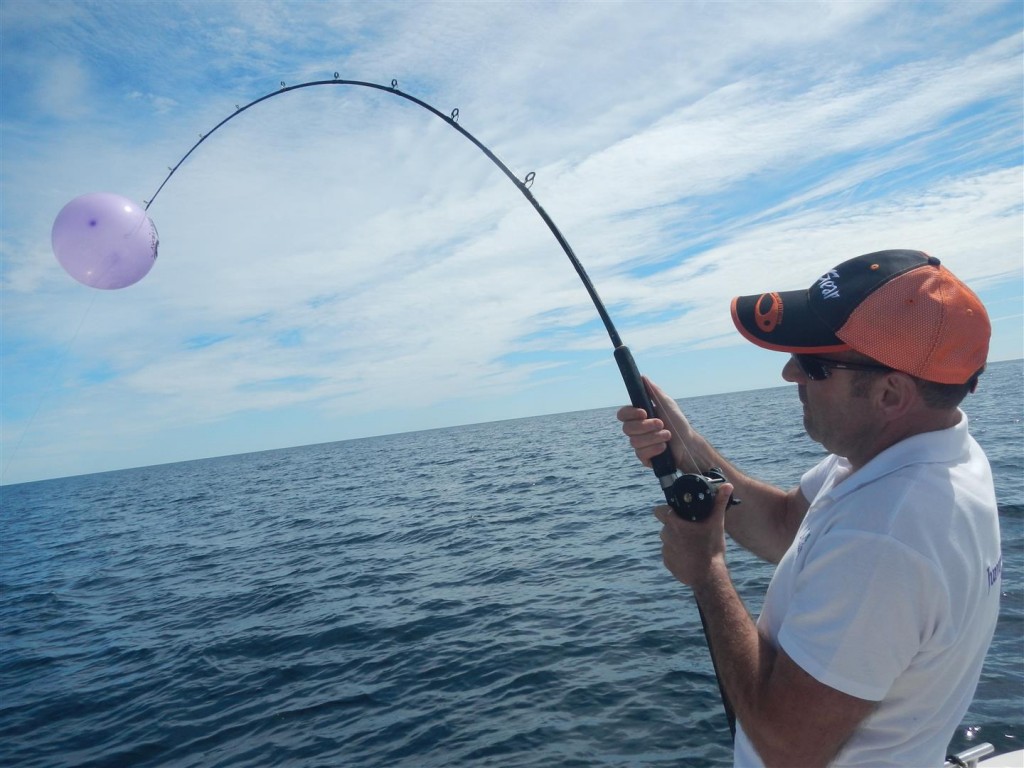
Reel:
I like to use a multiplier reel as much as I like using spinning reels. Nowadays many anglers like to use fixed spools. Certainly the steady cranking power of a decent multiplier makes for decent fighting. But a fixed spool on a decent popping rod is superb. Lower geared reels are best, something the 4:1 bracket is perfect. Torque is more important than speed when fighting a shark. Make sure it has a decent handle. A small handle will make cranking a brute back to the boat more difficult. I use a Penn Clash or Slammer, it works away fine for me. Make sure that you have a solid performer in terms of drag. A smooth and controllable drag is very important. These fish will test your drag. I had a lovely Abu 7500 “Big Game”. On the bench at home the reel would behave impeccably but once it got on the business of a shark the drag would get sticky and notchy – Line jerk would be the correct term. I may not have lost fish but it certainly did not help the experience of a decent fight. I think the days of the 6/0 Penn Senator are long gone the 4/0 Penn 113H remains a great shark fishing reel. I recently tried out a Penn Squall 20. It is a lot of reel for €120.00. It has a big power handle that makes cranking big sharks a pleasure and at 4.3:1 gearing it is perfect for fighting big fish, a real steady performer.
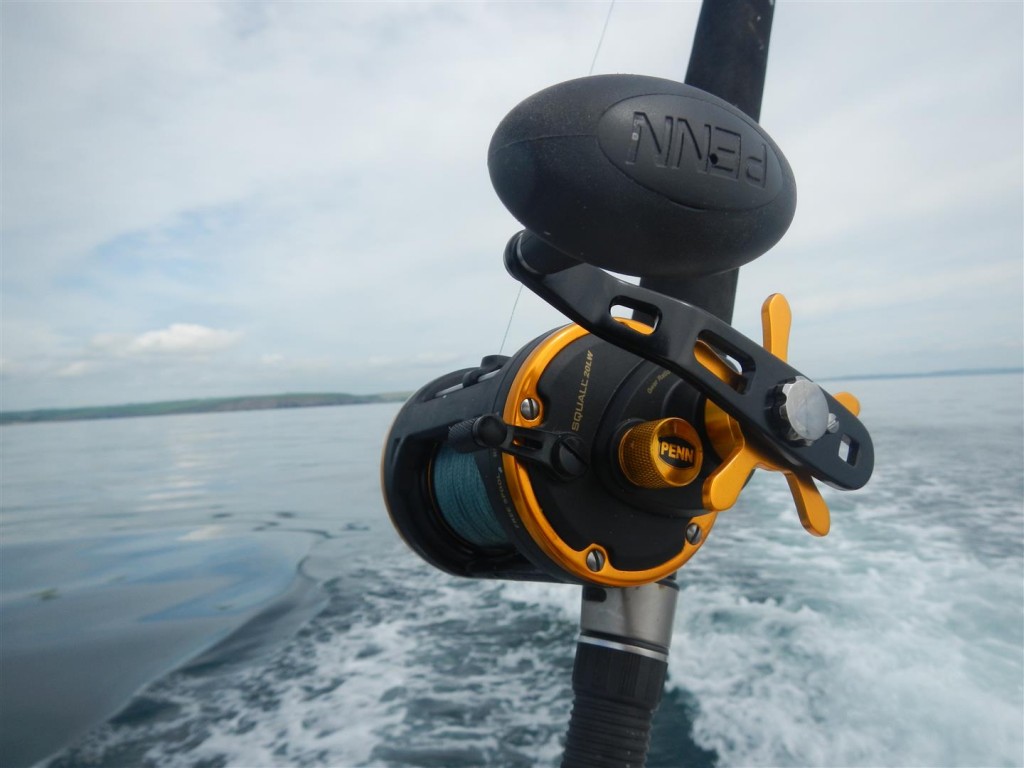
Line:
I often hear the debate about mono and braid for shark fishing. The mono side of the argument seems to come from the charter fishing side. In recent years I have and will continue to use braid. I like the feeling of being in contact with the fish that braid brings. Mono will never be able to compete with that with its vague feeling brought about by elasticity. I usually am spooled with 30 or 40lb high quality braid but would probably be happier if I had something like 50lb for security. Really you must consider your gear as a hard working team – A rod that is flexible enough, a reels that is smooth and consistent and line that is of good quality and trustworthy for when you have to apply the pressure.
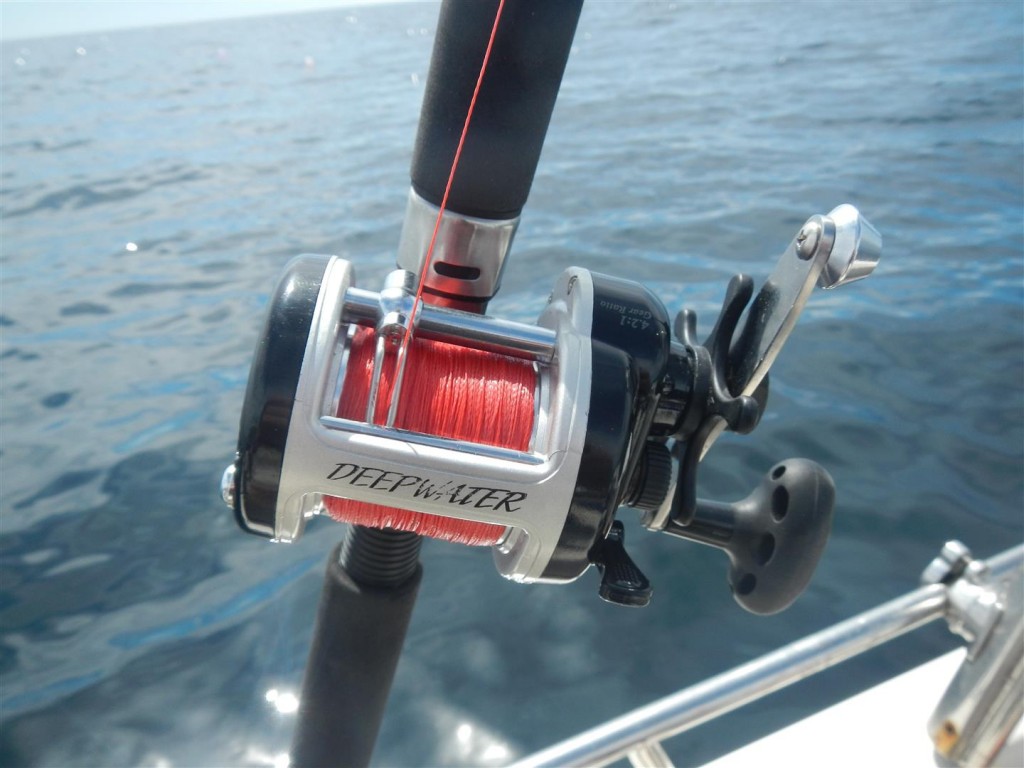
Trace Making:
A few years back we covered shark traces in detail ( http://www.topfisher.eu/shark-weak-dont-get-caught-out-with-inferior-traces/ ) The same holds true today: Do not scrimp on shark traces. A decent shark will test you gear like no other fish. Better to be over gunned in the trace department than over powered. Some days shark can be scarce so you must make the most of the opportunity presented. It would be a shame to lose a fish to an inferior trace. Whatever about the angler leaving a shark trailing a trace is not a nice thought either. So I would say that you should take your time sourcing the best quality components you can get if you are going to make your own traces. You can of course purchase traces. I like a mono rubbing leader on my traces – that is more of a personal favourite an all wire trace is just fine too. “Cardoc” make a superb 200lb all wire trace that costs about €10.00. The trace is constructed of two wire sections with decent swivel on the rod end and a decent snap swivel on the hook end. All you must do is add a hook. On that subject I like to use a decent size hook with the barb filed down. Something like 14/0 suits me fine. I will use at least a 12/0. This is less about hooking and more about removal. I think the bigger hooks are easier to get to grips with a t-bar or pliers. Removing a hook from a feisty shark is not the easiest thing to be doing!
So there you have the ingredients for a hopefully trouble free shark trip. The lighter rod will also allow you to get the most from any wreck or conger fishing you decide to try so you are not carrying a single species setup. Perfect for the travelling angler.
The Boat
Whether you are travelling to hire a boat or fishing from your own boat there are some things that you should consider as additions to your normal boat kit. So what extra do I put aboard SKUA on a shark trip? I will always add a bucket of two extra. I will pack a spare t-bar. I will throw a few extra sponges aboard. A long nose pliers, gloves, spare ruby dubby bags. Basically anything that can be useful when it comes to tackling, handling and releasing probably the biggest, most liveliest and most dangerous fish to come across the gunnels of the boat.
The Bait
A simple mackerel bait is very effective. I like to remove the backbone, to make a flapper or I often just use a whole mackerel hooked through the head and a few slashes on the body. I hook it once through the snout making sure there is plenty of hook point showing. It really is that simple. Blue sharks are not fussy and they are certainly are not shy, especially when there is competition about. Often a whiting or pollack bait will even do better than mackerel.
My Shark Fishing Kit:
- Abu Suveran 20lb
- Penn Battalion 100g – Popping
- Diawa Kensaki 20/30lb
- There are truly a vast amount of rods that will be very suitable. Make sure that you are not using a brush handle!
Reels & Line
- Penn Squall 20
- Penn Clash, Slammer or Spinfisher 6000>
- Calcutta 700s
- Penn 535
- Penn 340Gti
- Again there are loads of options
- I will always use quality braid 40-50lbs
That’s the gear and kit sorted…. Now it’s time to get out there and fish! See Part 2 (click)
[box]Make sure that you carry a first aid kit when you are fishing![/box]





